In the complex world of finance and investment, the term "debt ceiling" often emerges as a critical factor influencing economic policies, financial markets, and investment decisions. The debt ceiling is a limit imposed by a government on the total amount of debt it can legally incur. In this article, we will explore what a debt ceiling is, its significance in the context of investment, its implications for financial markets, and how it can impact investment strategies.
What is a Debt Ceiling?
A debt ceiling, also known as a debt limit or borrowing limit, is a statutory cap set by a government on the total amount of debt it can accumulate to finance its operations and meet its financial obligations. This limit is typically determined through legislation passed by the government's legislative body (e.g., the U.S. Congress in the United States).
Governments borrow money by issuing bonds and other debt securities to investors, including individuals, institutions, and foreign governments. The debt ceiling sets a cap on the cumulative amount of debt that can be issued. When the government reaches this limit, it can no longer borrow additional funds without raising or suspending the debt ceiling through legislative action.
Significance in the Context of Investment:
The debt ceiling holds significant importance in the context of investment for several reasons:
1. Government Debt Instruments: Government bonds and securities are common investment instruments held by individuals, institutional investors, and foreign governments. The debt ceiling directly affects the issuance of these securities.
2. Investor Confidence: The debt ceiling debate can impact investor confidence and market sentiment. Uncertainty surrounding the government's ability to meet its financial obligations can lead to market volatility.
3. Interest Rates: The debt ceiling can influence interest rates, particularly for government bonds. If there is uncertainty or the potential for default, investors may demand higher interest rates, affecting yields on government debt.
4. Credit Markets: The debt ceiling debate can have ripple effects in credit markets, impacting borrowing costs for businesses and consumers. This can affect corporate bonds and other debt instruments.
5. Portfolio Diversification: Investors often include government bonds in their portfolios for diversification and risk mitigation. Changes in government debt issuance can influence portfolio allocations.
Implications for Financial Markets:
The debt ceiling debate can have significant implications for financial markets:
1. Market Volatility: Uncertainty surrounding the debt ceiling can lead to increased market volatility, with fluctuations in stock prices, bond yields, and currency values.
2. Risk Assessment: Investors closely monitor government debt and assess the risk of potential defaults or downgrades, which can influence their investment decisions.
3. Flight to Safety: In times of debt ceiling uncertainty, investors may seek safe-haven assets such as U.S. Treasuries, leading to increased demand for government bonds.
4. Currency Markets: The debt ceiling debate can impact currency markets, as it may affect the perceived creditworthiness of a country, leading to currency fluctuations.
5. Credit Ratings: Credit rating agencies may review a government's credit rating and issue downgrades if there is concern about its ability to meet its debt obligations.
Investment Strategies in Response to Debt Ceiling Debates:
Investors often adjust their strategies in response to debt ceiling debates and related market conditions:
1. Diversification: Diversifying across asset classes and regions can help mitigate risks associated with potential market volatility.
2. Safe Havens: Consider allocating a portion of your portfolio to safe-haven assets like government bonds or precious metals as a hedge against market uncertainty.
3. Monitoring: Stay informed about government actions and legislative developments related to the debt ceiling, as these can have a significant impact on financial markets.
4. Risk Assessment: Assess the credit quality and risk associated with government bonds and securities, considering the potential for rating agency downgrades or increased interest rates.
5. Long-Term Perspective: Maintain a long-term investment perspective and avoid making hasty decisions based on short-term market fluctuations.
In conclusion, the debt ceiling is a legally imposed limit on government debt issuance, with direct and indirect implications for investment markets. Investors should closely monitor developments related to the debt ceiling, assess risks, and consider how it may impact their investment strategies and portfolio allocations. Understanding the role of the debt ceiling in the broader financial landscape is essential for making informed investment decisions in an ever-evolving economic environment.

